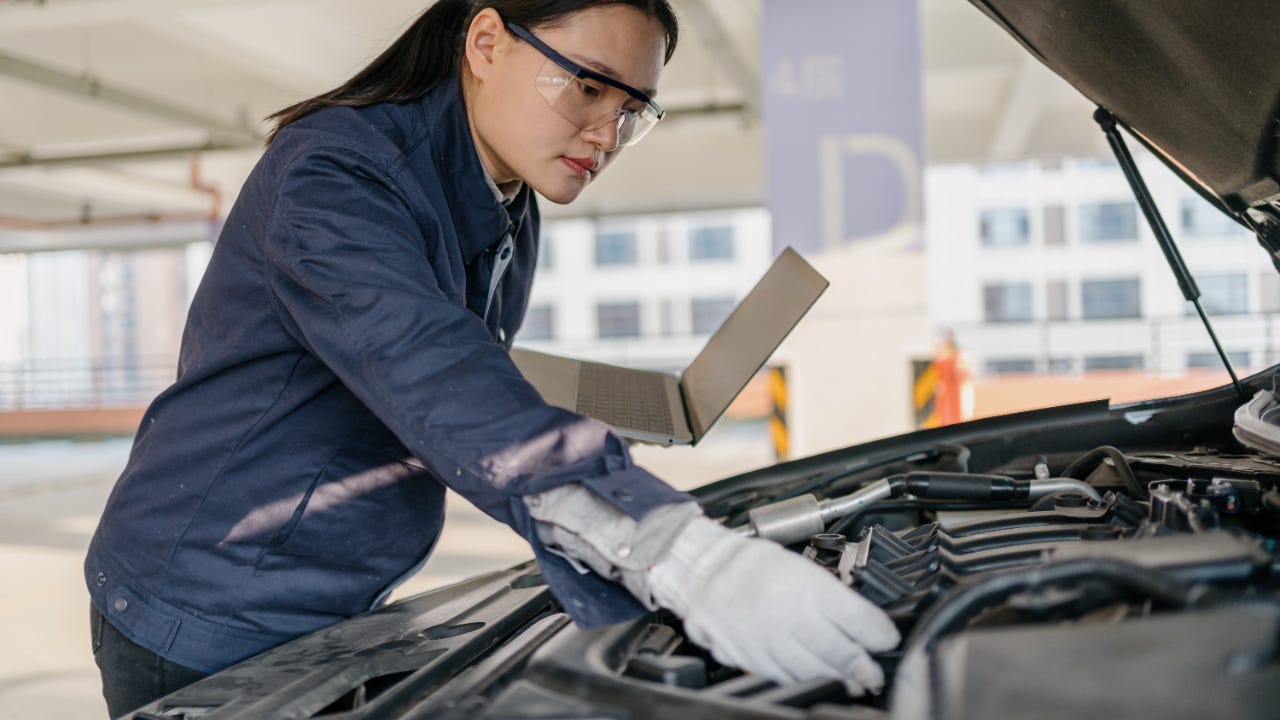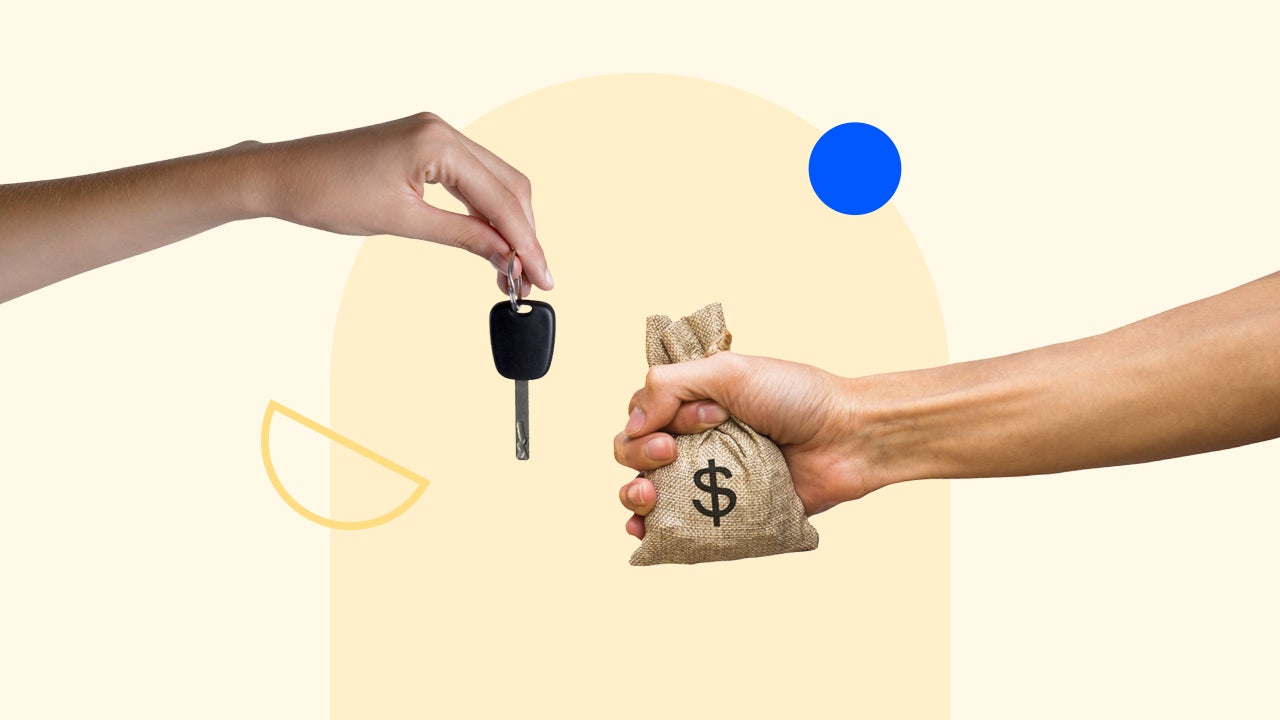Get a used car inspection before buying

Key takeaways
- A third-party mechanic should be hired for an independent inspection of a used car.
- Request a detailed list of what the inspection covers, including any potential mechanical problems that will need to be fixed.
- The mechanic’s report can help you negotiate a better price on the used car or help you avoid expensive future problems.
Vehicle history reports are a useful tool when researching, but when you’re ready to buy a used car, an inspection is key. Work with a third-party mechanic — someone not associated with the seller — to get an idea of potential problem areas.
Reputable dealers should allow you to get a used car inspection as part of the car-buying process, and you may be able to get a mobile inspection if a private seller doesn’t want to drive to an unknown mechanic. Most importantly, make sure your mechanic is certified and trustworthy to ensure you’re not signing on for repair bills in the future.
Why getting an inspection is key to the used car buying process
A pre-purchase inspection will clue you into the mechanical and cosmetic condition of the vehicle. Not only will this help strengthen your negotiations, but it can help you determine if you need to back out of the purchase. It may be more time-intensive, but it could save you thousands in repairs.
You should hold off on an official inspection until you’re sure about the used car. This means negotiating the price, test driving the vehicle and doing your own inspection first. There is always a chance you won’t want to buy the car, so saving the inspection until late-game negotiation can help you avoid wasting money.
What does a used car inspection cover?
When you schedule an inspection, request a detailed list of what the inspection covers. Your mechanic should check for previous or potential damage as well as mechanical and electronic systems. Typically, a pre-purchase inspection will review the following:
- Safety features.
- Powertrain.
- Fuel system and exhaust.
- Steering and suspension.
- Heating and A/C.
- Interior and exterior conditions.
- Infotainment system.
- Fluid levels, hoses and belts.
The inspection should also check for any error codes that could indicate a problem. If there are, ask the seller for a receipt for the corresponding repair. Providing your mechanic with a vehicle history report will help them review potential problem areas more closely.
How much does a used car inspection cost?
A pre-purchase inspection will likely cost anywhere from $100 to $150, according to Consumer Reports. This is generally a visual inspection to check the vehicle’s overall condition. The mechanic should provide a report with pictures and repair estimates, if needed.
An in-depth inspection will cost more, especially if it includes a road test, but it could be worth it if you are purchasing an older vehicle. Your mechanic should be able to give you a quote and a detailed list of what will be checked before the inspection takes place.
Like taxes and fees, including a pre-purchase inspection with your auto loan will mean paying more interest. To save money, budget for a used car inspection separately from your monthly payment.
Online used car buying and inspections
Online used car sellers like Carvana provide a week to test drive the vehicle before finalizing the purchase. This gives you the opportunity to take it to your mechanic and have it inspected.
Since most online sellers don’t allow you to negotiate prices, any mechanical issues discovered may be enough reason to return the vehicle.
If you’re buying a car sight-unseen from a private seller online, be clear that you want to have it inspected by a mechanic before purchasing. The seller may not be okay with that — and that’s fine. There are plenty of cars out there, and you should keep searching instead of buying a vehicle that has not been inspected.
Bankrate staff insights
Where to get a used car inspection
Most independent auto repair and body shops will perform inspections on used cars. Ideally, you should work with a mechanic you already know. If your mechanic doesn’t offer inspections, request a referral to a shop that does.
If you don’t already have a mechanic you trust, look for local shops with good customer reviews. Resources like the Better Business Bureau can be helpful tools in your search. The American Automobile Association (AAA) may also have a list of recommended mechanics in your area, or you can visit a mechanic recommended by your insurance company. Just as you would when comparing auto loan rates, pay close attention to the specific offerings of potential repair shops.
Any mechanic you hire should be certified by the National Institute for Automotive Service Excellence (ASE). Another option is to hire a national firm specializing in used-car inspections, such as Alliance Inspection Management, Carchex or Inspect My Ride.
Mobile inspections may be available if the seller doesn’t allow an extended test drive — but be aware of extra fees charged by the mechanic for this service.
Bottom line
Regardless of the type of inspection and service you choose, make sure you receive a written report and photos of any areas of concern. This documentation will be helpful in your negotiations. And along with managing your loan payments, a list of potential repairs or mechanical issues will be an important part of determining your vehicle costs.






